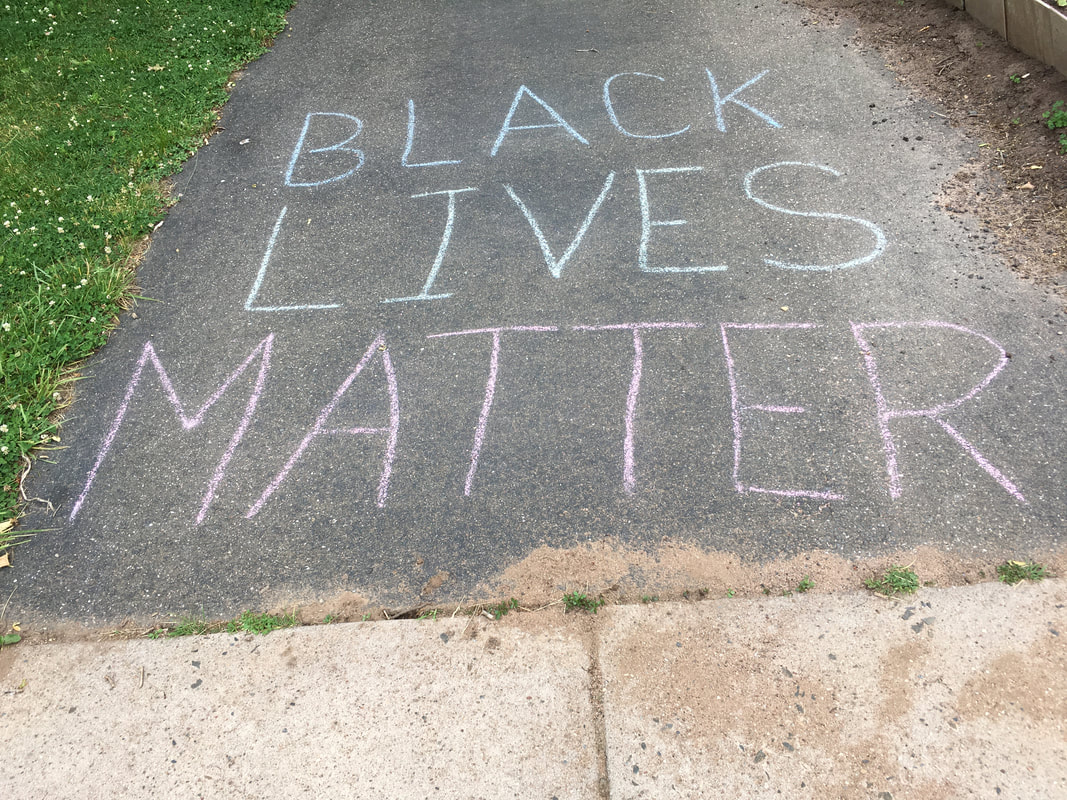Sure, most Americans knew that lynching of black people took place, but we thought it was just in the South; we didn’t know the extent of it; we didn’t know the unbelievable depravity of it. And we also thought it was in the distant past. Now, thanks to Stevenson’s Memorial to Peace and Justice, if we want to, we can learn that these extra-judicial killings took place in 39 states; that the project has documented 4,084 African-Americans lynched between 1877 and 1950 in the South (other databases run to the mid-60s); and that black men (and sometimes women) were not just killed using the traditional noose, but were burned or buried alive, vivisected and otherwise tortured with vicious inhumanity. We can learn that some of the lynchings were advertised and drew hundreds of families, and postcards of the victims were sold like baseball cards. Thanks to my friend Dottie for this link to anti-lynching crusader Ida B. Wells Barnett's compilation of atrocities: https://www.gutenberg.org/files/14977/14977-h/14977-h.htm
Now Coates’ novel – his first – The Water Dancer, is a paeon to the mother the main character lost as a small child, when she was sold away from the plantation where he remained. He envisions her appearing out of the water, moving gracefully. She is the inspiration for the daring actions he takes later in his life. I won’t spoil the story; I will just encourage you to read it yourself. It is one of the most beautiful novels I’ve ever read.
In David Blight’s biography, Frederick Douglass: Prophet of Freedom, he quotes Douglass himself talking about his mother, who was sold away from him when he was 6 years old. Douglass wrote that he carried “a wounded soul” that “affected me so deeply.” He – the most prolific and poetic writer and speaker against slavery – wrote that he could “give no adequate expression” to the catastrophe. Slavery “had made my brothers and sisters strangers to me; it converted the mother that bore me into a myth; it shrouded my father in mystery, and left me without an intelligible beginning in the world.” (Sounds like Coates has read Frederick Douglass.)
I just happen to be reading these two books during lockdown, which since May 25 has been punctuated by daily demonstrations throughout the country that Black Lives Matter.
I’m also reminded of the anguished cry of freedom fighter Sojourner Truth, who said she had “borne 13 children and seen most all sold into slavery. And when I cried out with a mother’s grief, none but Jesus heard me! And ain’t I a woman?” Let's all of us mothers try to imagine this.
Which brings me to the anguished cry of a son calling out for his dead mother.
So, I’m thinking more about the role of white supremacy and white privilege in this country and why white people need to step up to confront it and eliminate it. For Black people, reading these books can affirm their genius, passion and commitment. For white people, reading them can be part of our anti-racist education.
(I write Black Lives Matter in chalk on my driveway -- above -- and do it over when the rain washes it away or it fades from wear. It is like a meditation for me.)

 RSS Feed
RSS Feed
